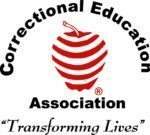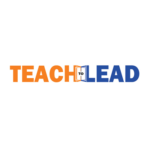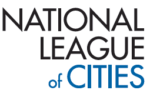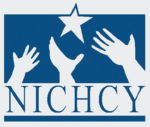Juvenile Justice and Reform
This resource explains a bit about what juvenile justice is as well as provides additional resources on this topic.
National Night Out is an annual community-building campaign that promotes police-community partnerships and neighborhood camaraderie to make our neighborhoods safer, more caring places to live.
“The Justice Center is a national nonprofit organization that serves policymakers at the local, state, and federal levels from all branches of government. Staff provides practical, nonpartisan advice and evidence-based, consensus-driven strategies to increase public safety and strengthen communities.”
Guiding principles for providing high-quality education in juvenile justice secure care settings. This guide provides current practices/challenges, and recommended improvements to education services in secure care settings.
The authors suggest that the solution emphasize the adoption of a two-prong prevention approach that considers informed decision making, selection of evidence-based practices, and implementation of culturally relevant tiered systems of support.”
This guide helps inspire and educator teachers on how to inspire students in and out of the classroom, through tips on how to adopt leadership practices, and includes various scholarly articles.
This in depth article describes the government’s plan to increase public safety and improve outcomes for youth through Juvenile Justice Reform. The article is focused on the definitions of the policies and politics that are involved with Juvenile Justice reform.
Established by the US Department of Education, this website helps to implement and provide Technical assistance to help nourish children with disabilities on a social, academic, and emotional level. This website contains videos and articles that give advice as to ways educators can help support children in need.
This PDF from The National Technical Assistance Center for The Education of Neglected & Delinquent Youth focuses on the “four conditions for learning: 1) safety, 2) support, 3) social and emotional learning, and 4) engagement and challenge. The brief defines these condition for learning, cites relevant research, provides strategies to foster each condition, and offers a multitude of resources to further the reader’s knowledge and development of these conditions”.
This website includes multiple resources on educating educators and parents on reforms, and provides links to expert organizations that have an expertise in educational reform for youth in the juvenile justice system.
This detailed handbook is the second edition from the Center Of Juvenile Justice Reform at Georgetown University. The fifty-page handbook breaks down the issues from multisystem perspectives, and provides evidence-based research and recent legal policy reforms to shed light on how to improve education for children of all needs.
The Ohio Juvenile Diversion Association (OJDA) is a nonprofit professional organization which promotes prevention and treatment options for juveniles and their families. Members provide informal/unofficial services that reduce the risk of future official/formal involvement with the juvenile justice system.








